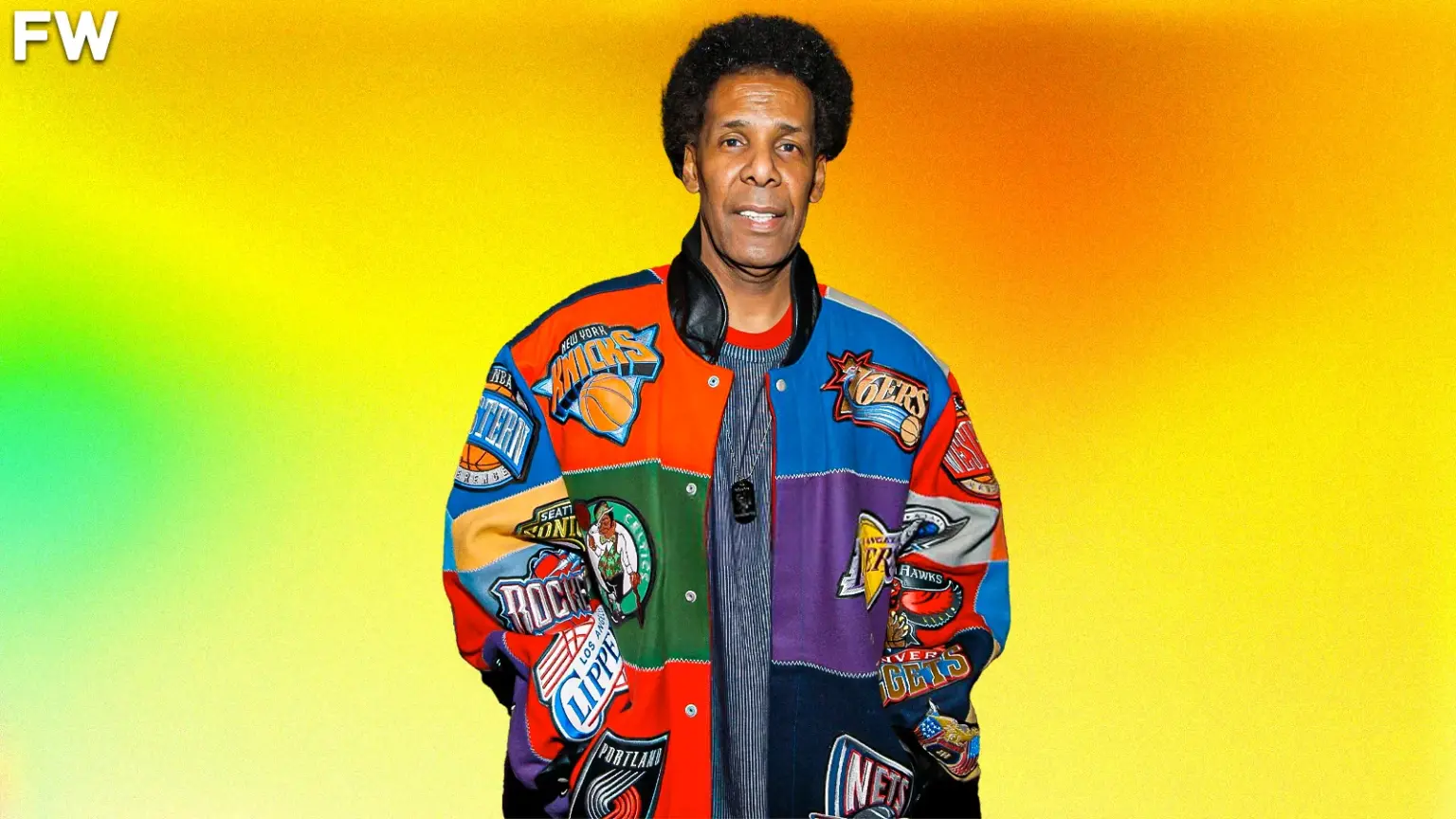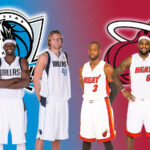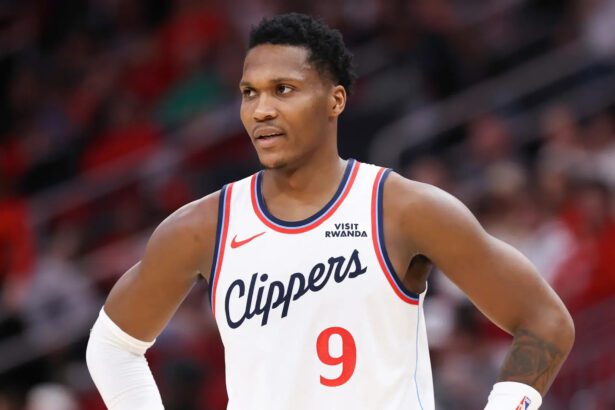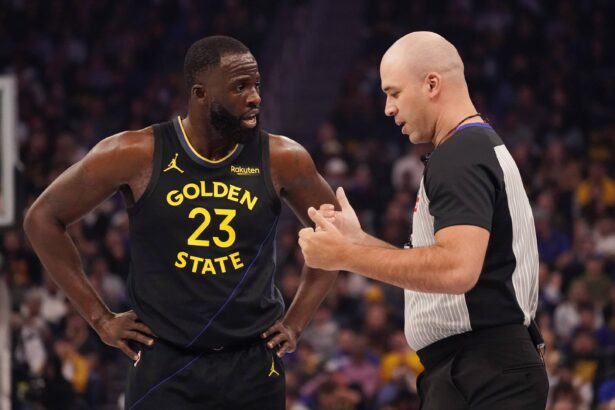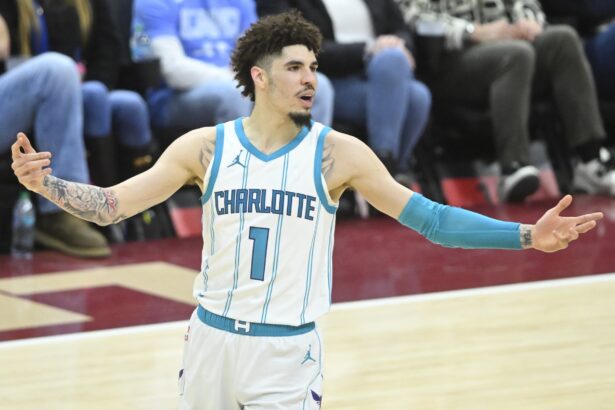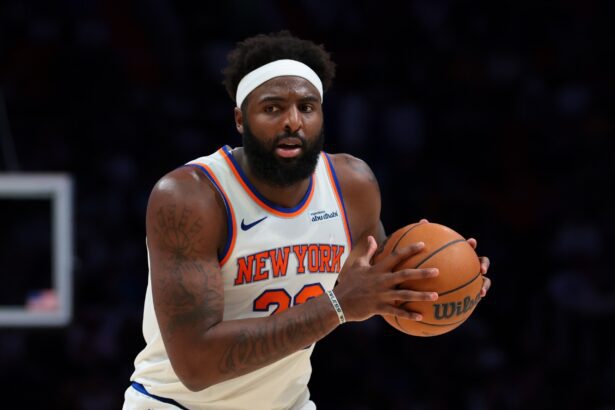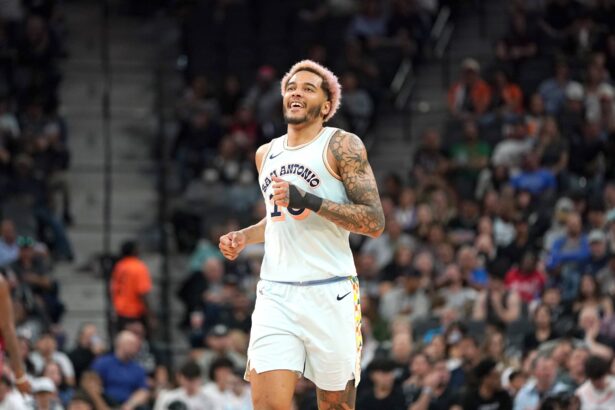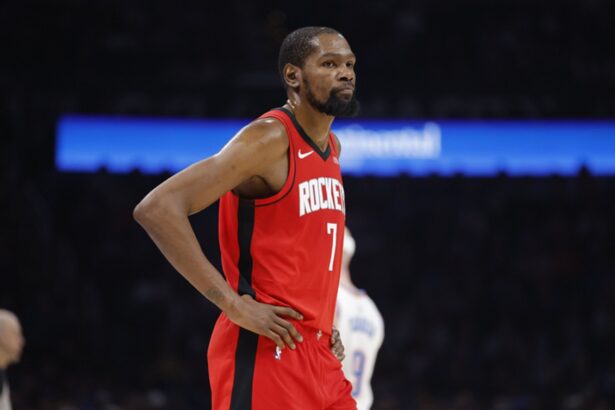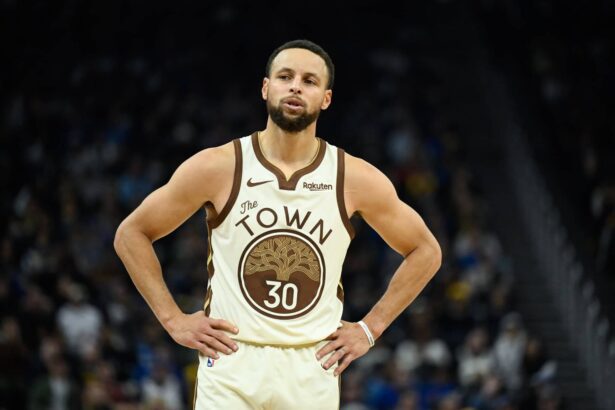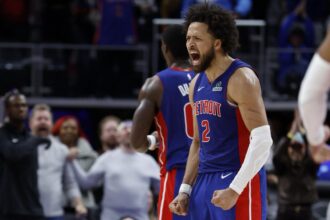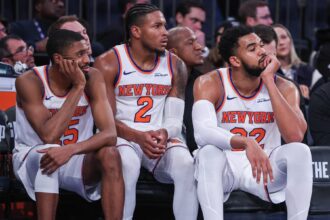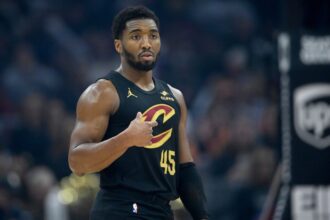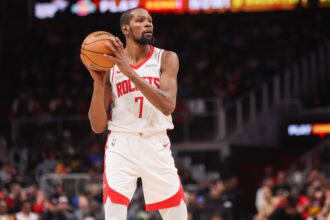- Pee Wee Kirkland is a streetball legend of Rucker Park
- Pee Wee was drafted by the Chicago Bulls in 1968 and 1969 but turned them down each time
- Pee Wee spent time in prison for drugs and other offenses
Pee Wee Kirkland is a name that may not be familiar to everyone, but in the world of streetball, he’s a legend. He’s considered one of the greatest basketball players to ever grace the blacktop courts of New York City.
Pee Wee’s skills on the court were unmatched, and his off-court persona was just as impressive. He had a larger-than-life personality that made him a hero to many, but his story is not widely known.
In this article, we’ll take a closer look at Pee Wee Kirkland’s life, from his early days in Harlem to his time as a professional basketball player, to his role as a drug kingpin, and to his later years as a mentor and community leader. We’ll explore his impact on the game of basketball and his legacy as a streetball legend.
So sit back, grab a ball, and get ready to learn the untold story of Pee Wee Kirkland.
Introduction To Pee Wee Kirkland
Richard Kirkland, also known as “Pee Wee” was born in Harlem, New York, on May 6, 1945. In Harlem, drugs ruled the city, but it wasn’t the only thing that captured the attention of the city. Basketball also ruled the city, and Pee Wee would find himself in the middle of both.
Pee Wee began playing basketball in the streets when he was 9 years old, and he realized that he had a natural ability in the game of basketball. He was quick and had incredible ball-handling skills.
Pee Wee also was a great passer, always making sure the ball got to his teammate, no matter how tight of a pass it may have been. On top of all of this, Pee Wee was also a gifted scorer, putting points on the board at ease.
Pee Wee would play on his high school basketball team, which was NYC’s Charles Evans Hughes Senior High School, and his abilities proved to be more than just suitable for the street game. He quickly became an all-city point guard at Charles Evans Hughes Senior High School, and this led to Pee Wee earning a scholarship at Kittrell College in North Carolina.
Pee Wee would take his game to the next level in college, averaging a whopping 41 points per game! His level of play at Kittrell College led to bigger schools showing interest in him.
Pee Wee would eventually transfer to Norfolk State University in Virginia and continue to wow everyone who watched him play. At Norfolk State University, Pee Wee played with future NBA star Bob Dandridge, and the two helped lead their school to a 25–2 record in 1968 and won the CIAA title.
The famous school, UCLA, had its eyes on Pee Wee. They wanted to bring him on, to team him up with another basketball legend from New York, Kareem Abdul-Jabbar, but Pee Wee declined.
After Pee Wee’s college career came to an end, he was drafted into the NBA with the 1st pick in the 20th round of the 1968 NBA Draft by the Chicago Bulls. But Pee Wee surprisingly turned down the opportunity to play for the Bulls, not once, but twice.
Chicago drafted him again in the 1969 NBA Draft, this time with the 4th pick in the 13th round. Pee Wee turned down an opportunity to play in the NBA because he already had another job that paid much better than what he could make in the NBA… Being a drug kingpin.
Pee Wee’s Life In The Drug Business
Pee Wee Kirkland started to play basketball at 9 years old, and he started his second career in the drug world at age 13. Back in the 1960s, NBA players didn’t make a lot of money, and Pee Wee knew this.
Pee Wee’s drug business was booming, and turning down the money seemed foolish to him.
“My family was poor. I used to tell my mom I was selling newspapers, but the money came fast,” Pee Wee said. “At that time, Martin Luther King was preaching about strength of mind and character, but I didn’t get it.
“I was out there with the cars and the drugs, the jewelry, the entourage. I was giving out money and making it back over again. I had the gangster style, I was the guy who was carrying two guns. That life is like quicksand. I knew right from wrong, but once you’re in, it’s almost impossible to get out.”
Pee Wee had it all. His drug operation gave him cars, nice clothing, jewelry, and a lot of cash. It was rumored that Pee Wee was worth $30 million during the height of his drug business, which is a lot of money, especially back in the 1960s.
The problem with dealing drugs is you’re either going to wind up dead or in prison.
This was what happened to Pee Wee in 1971. He was sentenced to prison for drug-related conspiracy charges and received 15 years behind bars.
Pee Wee would get out after four years, but while he was in prison, the authorities were investigating him for tax evasion. This led to Pee Wee being sent back to prison for a 10-year sentence.
“There was the first incarceration, probably a long time coming,” Kirkland said. “Then the second was just because of all the money from the operations of the first.”
Altogether, Pee Wee spent 10 years behind bars, and it was in prison, in his original sentence up in Pennsylvania, where he got back into basketball, playing in a prison league known as the Anthracite Basketball League. In this league, Pee Wee dominated, having games where he scored 100 points and another where he scored 135.
After Pee Wee got out of prison, he was ready to change his life around. He started to go around Harlem and speak to the youth. This led to Pee Wee traveling around the country as a motivational speaker.
Pee Wee and Nike ended up starting with the “School of Skillz” program, which teaches kids the game of basketball and how to steer themselves in the right direction in life. The program’s goal is to create not only great basketball players but great people, as well.
Pee Wee might have made mistakes in his life, but he uses those experiences to help guide young kids in the correct path, not the path he chose. This helped to grow Pee Wee’s legend in Harlem, that and also his play at the famous Rucker Park.
Pee Wee is credited with creating the crossover in basketball, and he used it beautifully on the court at Rucker Park, winning scoring titles in the Rucker Park league.
“I could do things that other kids couldn’t do,” Pee Wee said. “I was the only player to lead in scoring at Rucker for two consecutive years.”
In 1997, Pee Wee became the head basketball coach of Dwight School, a college preparatory school in New York City. It was here where he continued to share his message of learning the game of basketball and helping young kids on the right path in life.
Pee Wee helped the school win multiple championships in his short time there. To this day, Pee Wee continues to tell his story to help inspire the youth of Harlem and around the world to better themselves.
Pee Wee Kirkland’s legacy as a streetball legend is one that will forever be remembered. He was not only a great athlete but also a community leader who used his influence to advocate for social change.
Despite his success on the court, Pee Wee’s life was not without its struggles. He faced many challenges, including time spent in prison, but he overcame them and used his experiences to inspire others.
Through his determination, grit, and passion for the game, Pee Wee Kirkland became an icon in the world of basketball and a symbol of hope for many people. He showed that with hard work and perseverance, anything is possible.
Overall, Pee Wee’s story is a testament to the power of sports to bring people together and inspire change. His legacy will continue to inspire future generations of athletes and community leaders for years to come.
We sincerely appreciate and respect you as a reader of our site. It would help us a lot if you follow us on Google News because of the latest update.
Thanks for following us. We really appreciate your support.

